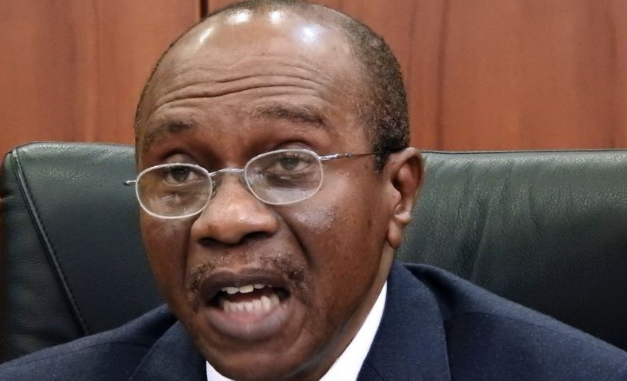*Central bank can’t keep a hard peg on currency…
The Economist Intelligence Unit (EIU), a member of The Economist Group, is projecting that a rough road is still ahead for the Nigerian currency, the naira, ahead the country’s elections and into 2021.
In a July Nigeria country report just released by the EIU and seen by Businessamlive, the domestic currency is projected at the official, interbank rate to average N324 to the United States dollar by the end of 2017, and to further fall in 2018-2019 as Nigeria’s elections take hold of government and policy officials’ attention.
Post election and following the settling in of a new government, the domestic currency, which has seen decades of a command and control management structure, is predicted to further drop in value against the dollar to trade not far away from N500 to the dollar, the analysts at the EIU said.

“Overall, we forecast that the official, interbank value of the naira will average N324:US$1 in 2017, down from N196.6:US$1 as recently as January 2016.
“A slight moderation in oil prices accompanying global jitters on the back of a US slowdown, coupled with elections in Nigeria, will lead to further falls in the naira during 2018-19. By end-2021 we expect the naira to be trading not far away from N500:US$1,” the analysts wrote.
Nigeria’s multiple foreign exchange markets have recently seen the hand of the country’s central bank through various injection of dollars to help moderate exchange rates volatility in what many see as the apex bank’s desire to continue to keep its control on the management of the forex markets.
But pressure on external reserves and a strong dollar demand will make it difficult for the banking industry regulator to maintain a hard peg on exchange rate, the Economist Intelligence Unit (EIU) stated in the July Nigeria country report.
The Central Bank of Nigeria (CBN), which has broad responsibility for the country’s monetary policies, has been reluctant to give up its management of the foreign exchange markets, the report noted, but the EIU believes that there would be what it calls, “periods of questionable stability in the official exchange rate”.
Also read: Nigeria equities benchmark index pared 0.3% despite rise in transaction volume, value
On the back of its assessment of the foreign exchange market dynamics in Nigeria, the EIU is making a call that these periods of questionable exchange rate stability, would be punctuated by “notable but sporadic devaluations.”
The Economist Intelligence Unit, which serves companies establishing and managing operations across national borders, also stated that it expects the foreign exchange markets in Nigeria through 2017-20021 to continue to witness interference by the authorities, a situation which it believes would undermine the proper functioning of the markets.
“Despite the interbank market being notionally liberalised in mid 2016, ad hoc restrictions to try to head off depreciatory pressure are likely to continue to be used. Import bans will come and go, as will directed foreign-exchange allocations. The current multiple exchange-rate environment that results from this will therefore continue. Investors will be reluctant to enter Nigeria amid such uncertainty,” the report further explained.








